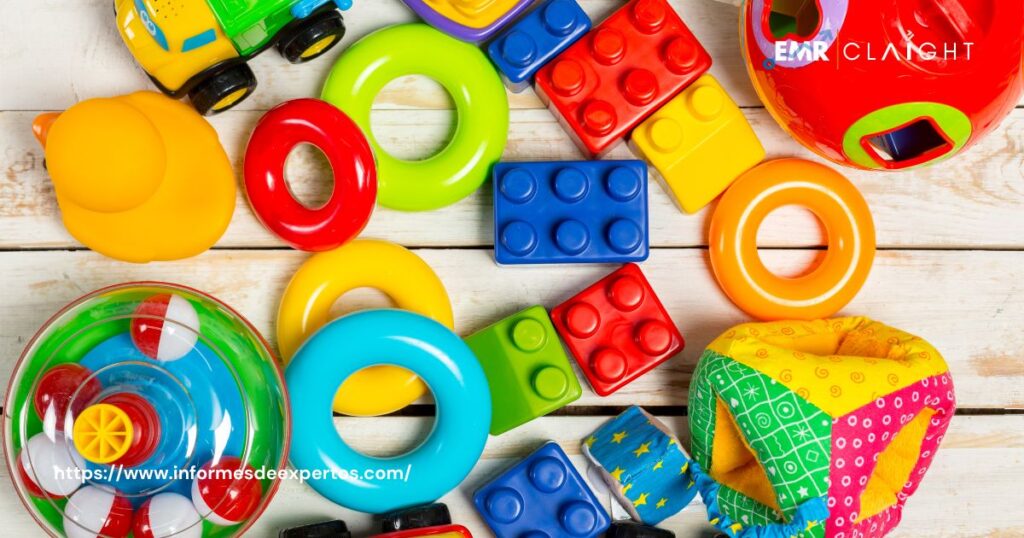
The Mexico toy market refers to the industry surrounding the production, distribution, and consumption of toys within the country of Mexico. As one of the largest economies in Latin America, Mexico boasts a vibrant and growing toy market that caters to diverse demographics and preferences. This article provides an overview of the Mexico toy market, including its key components, trends, and dynamics.
Components of the Mexico Toy Market
The Mexico toy market comprises several key components, each contributing to the development and distribution of toys:
- Toy Manufacturing: Toy manufacturing in Mexico encompasses a wide range of products, including traditional toys, electronic toys, dolls, action figures, board games, and educational toys. Domestic and international manufacturers operate factories and production facilities across the country, producing toys for both domestic consumption and export.
- Toy Retail: Toy retail in Mexico is supported by a network of brick-and-mortar stores, online retailers, department stores, and specialty toy shops. Major retailers, such as Walmart, Liverpool, and El Palacio de Hierro, carry a diverse selection of toys catering to different age groups, interests, and price points.
- Toy Distribution: Toy distribution channels in Mexico include wholesalers, distributors, importers, and logistics companies that facilitate the movement of toys from manufacturers to retailers. Distribution networks span urban centers, rural areas, and online platforms, ensuring widespread availability of toys across the country.
- Toy Imports and Exports: Mexico engages in toy trade with various countries, importing toys from manufacturers worldwide and exporting domestically produced toys to international markets. Trade agreements, tariffs, and regulations influence the flow of toys across borders, impacting the competitiveness of domestic manufacturers and the availability of imported toys for consumers.
Trends in the Mexico Toy Market
The Mexico toy market is influenced by various trends and developments that shape consumer preferences and market dynamics:
- Licensed Toys: Licensed toys based on popular characters from movies, television shows, video games, and comic books remain a significant trend in the Mexico toy market. Brands such as Disney, Marvel, DC Comics, and Nickelodeon license their intellectual properties to toy manufacturers, driving sales of themed toys and merchandise.
- Educational Toys: Educational toys that promote learning, creativity, and skill development are gaining popularity among parents and educators in Mexico. STEM (science, technology, engineering, and mathematics) toys, coding kits, puzzles, and interactive learning tools cater to children’s cognitive, social, and emotional development.
- Online Retail: The growth of e-commerce in Mexico has transformed the toy retail landscape, with consumers increasingly purchasing toys online through websites, mobile apps, and online marketplaces. E-commerce platforms offer convenience, a wide selection of products, and competitive pricing, driving sales in the digital toy market.
- Sustainable Toys: Sustainability and environmental consciousness are emerging trends in the Mexico toy market, with consumers seeking eco-friendly and responsibly sourced toys. Manufacturers are developing toys made from recycled materials, biodegradable plastics, and sustainable wood, reflecting growing consumer demand for environmentally friendly products.
Dynamics of the Mexico Toy Market
The Mexico toy market is influenced by various dynamics that impact its growth, competitiveness, and regulatory environment:
- Consumer Behavior: Consumer preferences, demographics, and purchasing power influence toy sales and market demand in Mexico. Factors such as income levels, cultural influences, and family traditions shape consumer behavior and preferences for specific types of toys.
- Regulatory Compliance: Toy manufacturers and retailers in Mexico must comply with regulations and safety standards set by government agencies, such as the Federal Consumer Protection Agency (PROFECO) and the General Law of Toys Safety. Compliance with quality, labeling, and safety requirements is essential to ensure the safety of children and maintain consumer trust.
- Market Competition: The Mexico toy market is characterized by competition among domestic and international toy manufacturers, distributors, and retailers. Competition is driven by factors such as product innovation, brand recognition, pricing strategies, and marketing efforts to capture market share and consumer loyalty.
- Cultural Influences: Cultural factors, traditions, and celebrations influence toy preferences and sales trends in Mexico. Holidays such as Christmas, Dia de los Reyes (Three Kings’ Day), Children’s Day, and birthdays drive seasonal demand for toys, prompting manufacturers and retailers to launch promotional campaigns and special offers.





